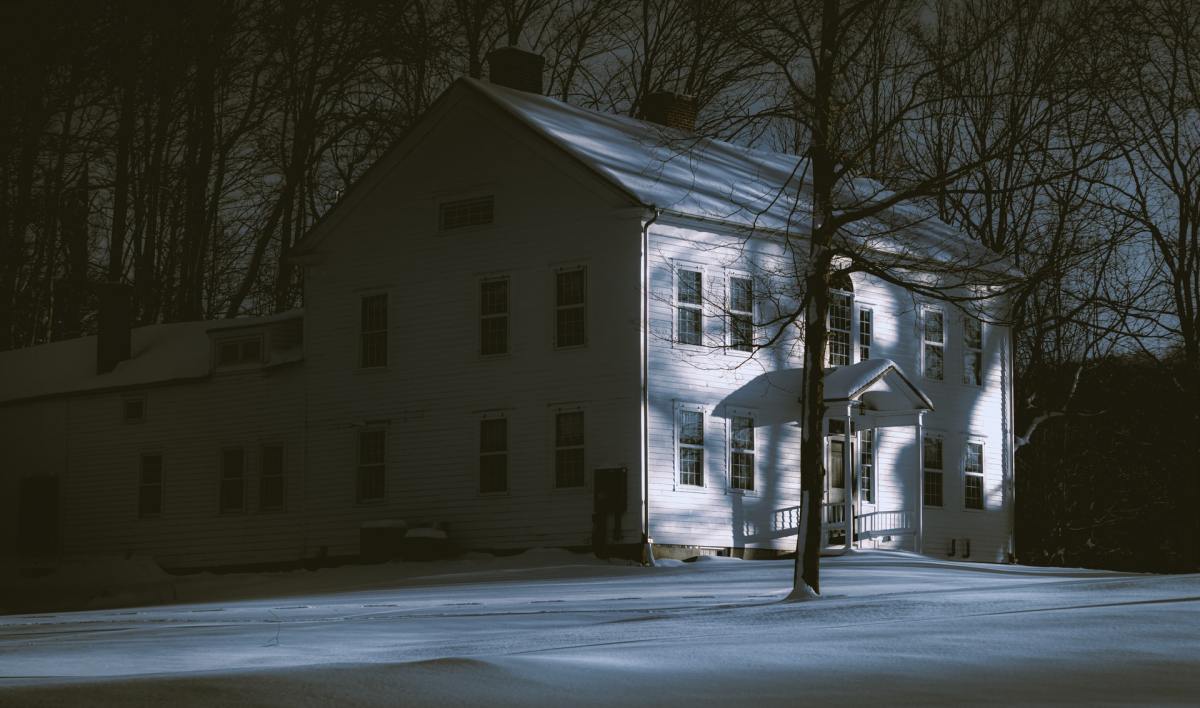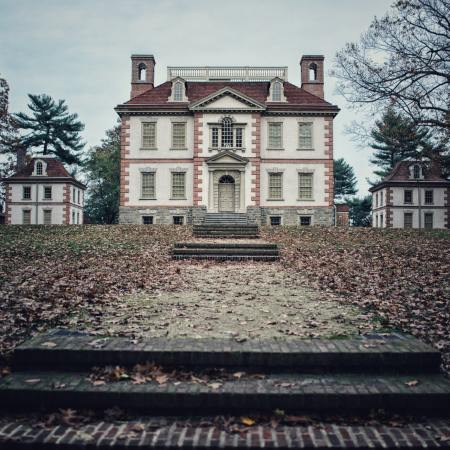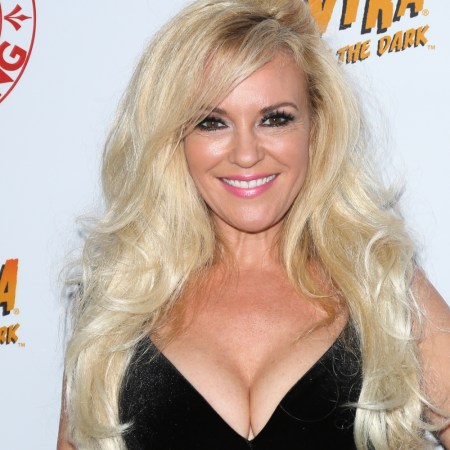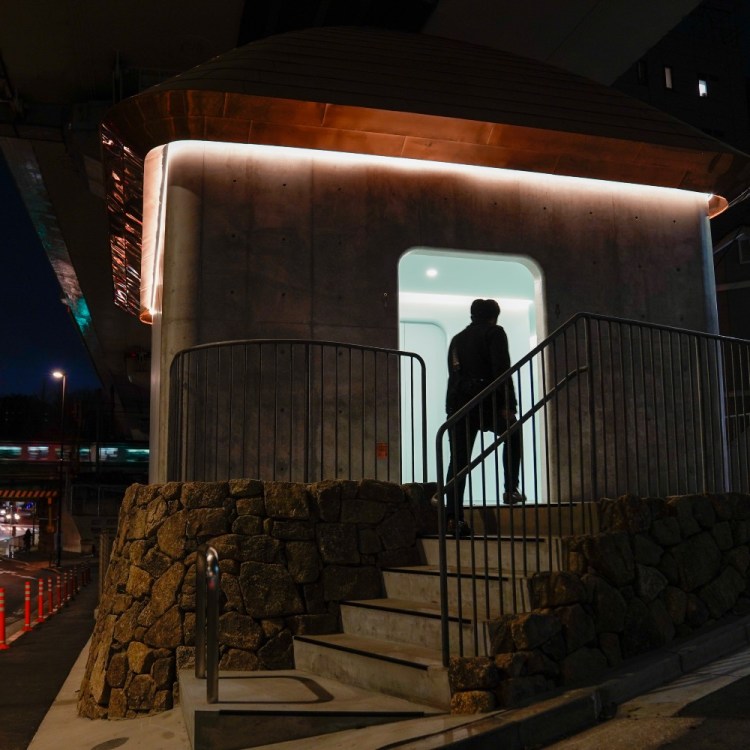Would you live in a haunted house? What about one without literal ghosts that had nonetheless been the site of a murder? While this sounds like the setup for a horror movie — and has been the setup for numerous horror movies over the years — it’s also a reality that a number of home buyers and sellers have to contend with every year.
Writing at The Guardian, Alice Hutton explored the complexities of laws governing the disclosure of a house’s peculiar (and sometimes paranormal) history. Much of this falls under the heading of what the National Association of Realtors considers to be “stigmatized” — which can include houses rumored to be haunted as well as those previously used for illegal activity.
There’s little consistency when it comes to selling a stigmatized home. Laws differ from state to state, and sometimes even from town to town. According to a Zillow study from 2019, several states — Delaware, New Hampshire, New Jersey, Connecticut, Georgia and South Carolina — require sellers to tell prospective buyers if someone died on the premises, but only if they’ve been asked. New Jersey has a similar law in place for ghosts associated with a particular building.
According to The Guardian, New York is the only state where spectral infestations can have a legal bearing on the sale of a home. Following a state Supreme Court decision, sellers cannot hide a building’s haunted status. Though for the right buyers, haunted house status can be appealing rather than alarming. Real estate can be a strange business; ghosts only complicate matters further.
Thanks for reading InsideHook. Sign up for our daily newsletter and be in the know.


















